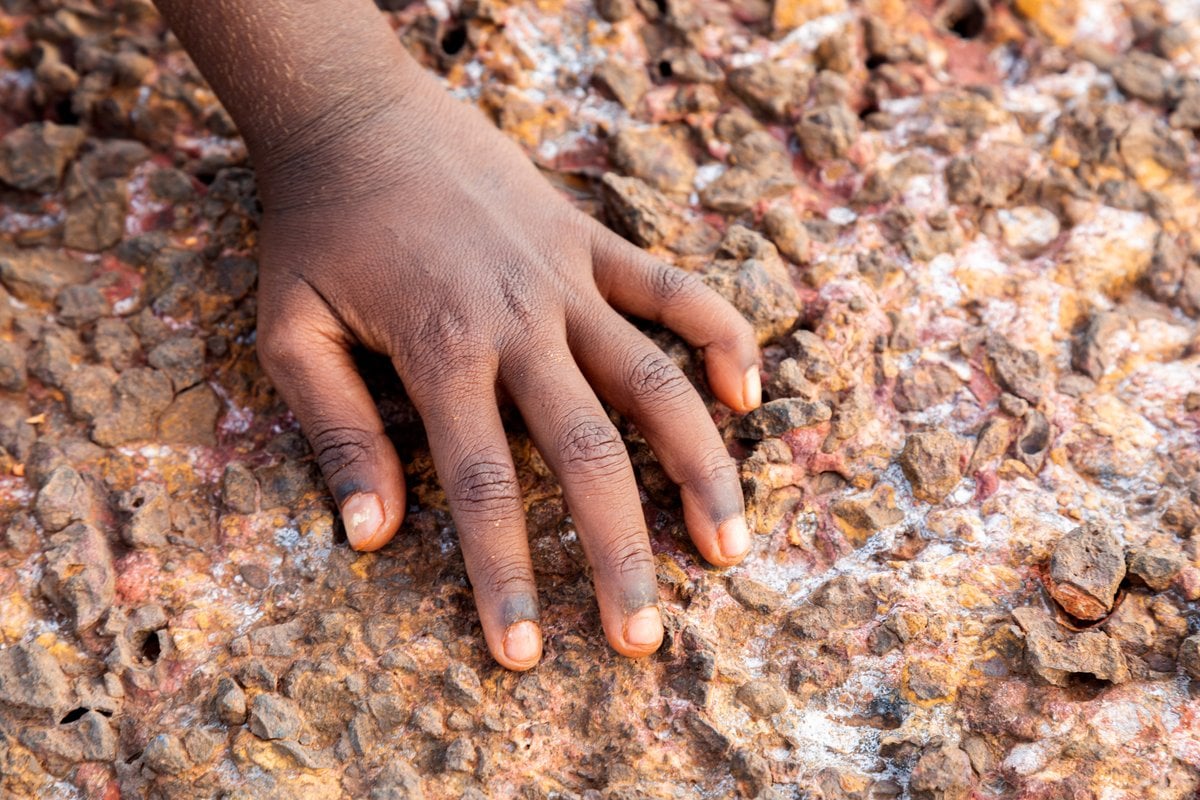
Tuesday was a momentous day in Australian history - the anniversary of the national apology to the Stolen Generations.
It's been 16 years since that apology, and 16 years since a list of targets was created - designed to ensure a better quality of life for Indigenous Australians. This report is called Closing The Gap.
Every year, the federal government hands down an update on the 19 socio-economic outcomes for Aboriginal and Torres Strait Islander people as listed in that report. 16 years on - just four out of 19 outcomes are on track to meet their targets by 2031.
It's not good enough. And it never has been.
Watch: Kevin Rudd's apology to The Stolen Generations. Post continues below.
In his speech in Parliament yesterday when tabling the updated report, Prime Minister Anthony Albanese said it should give us pause that outcomes have worsened for these critical targets.
"Australians want to close the gap. Australians believe in the fair go. Australia has overcome much, but the gaps persist, including the life expectancy gap that gapes between us like a chasm. That is inexcusable," Albanese said.

Top Comments